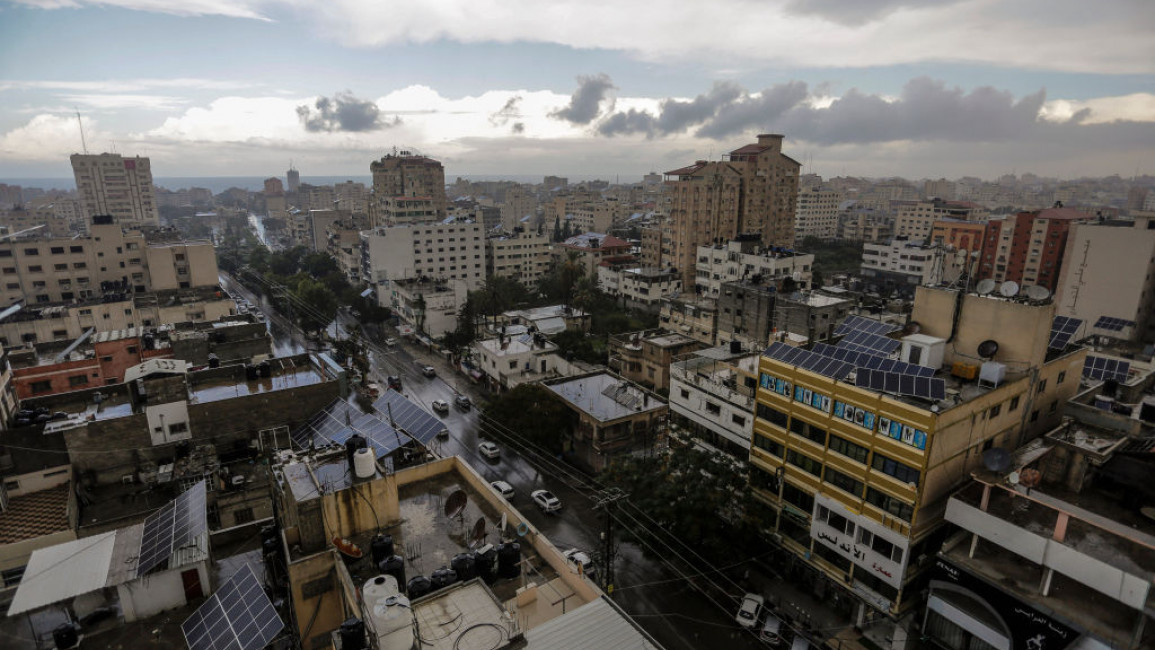The mystery of Google Earth's hazy Gaza images
Google Earth's coverage of Gaza is distorted in comparison to other areas of the world, a report has revealed on Monday.
Image quality is often relatively poor on Google's service, despite better photographs being in existence elsewhere, the BBC report said.
Large swathes of the rest of the Occupied Palestinian Territories and Israel face the same issue, the report added.
The UK's official broadcaster even compared images of Gaza to those taken above the so-called "hermit kingdom" of North Korea in its capital, Pyongyang. The North Korean images were far superior.
This is due to the 1997 Kyl-Bingaman Amendment that limited the resolution US businesses can use when taking satellite photos of Israel. The censorship law was a result of Israeli political pressure, reports said.
Despite the Amendment pertaining to Israel, the limitations also fell on Palestine, the BBC reported.
The Amendment was finally cast aside in July of last year, but hazy images of Gaza remain, the broadcaster added.
Google said there were "no plans to share at this time" concerning a possible upgrade. However, Apple informed the BBC it was taking action.
The BBC said the poor image quality obstructs those wanting to confirm details of rocket and missile fire, both in the Strip and in Israel.
"Considering the importance of current events, I see no reason why commercial imagery of this area should continue to be deliberately degraded," said Nick Waters, an open-source investigator for Bellingcat on Twitter.
Satellite imagery has proven vital in exposing realities on the ground. For example, in the Xinjiang region of China, satellite images tracked the network of "re-education" centres set up there for the Uyghurs.
Samir, who the public broadcaster calls "an open-source investigator", said: "The fact that we don't get high-resolution satellite images from Israel and Palestinian territories sets us back".






 Follow the Middle East's top stories in English at The New Arab on Google News
Follow the Middle East's top stories in English at The New Arab on Google News
![At least 400 Palestinians have been killed in north Gaza in Israel's over two-week siege [Getty]](/sites/default/files/styles/image_330x185/public/2179471542.jpeg?h=a5f2f23a&itok=usKQc6NU)
![Zammel was handed three 20-month sentences in three cases [Getty]](/sites/default/files/styles/image_330x185/public/2175903251.jpeg?h=cb957c44&itok=rS0fDZb6)
